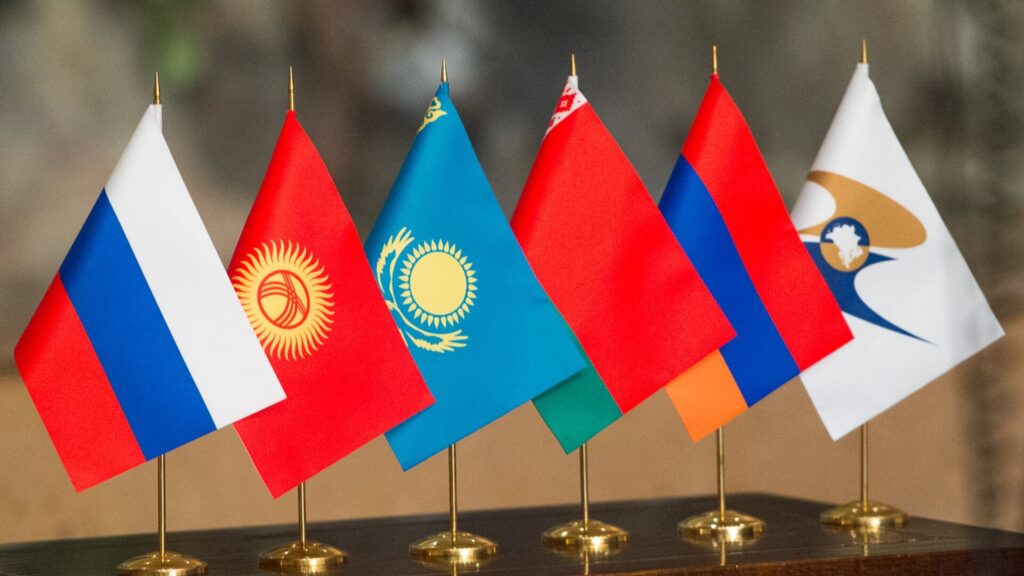Kazakh Member of Parliament Magerram Magerramov has proposed limiting the use of ChatGPT and other generative AI tools by schoolchildren. According to Magerramov, these technologies can complete school assignments, write essays, and summarize texts, which undermines students’ critical thinking and problem-solving skills.
“We risk raising a generation that cannot make quick decisions in complex situations. This threatens the intellectual potential of the country,” the MP warned.
Magerramov highlighted global efforts to regulate artificial intelligence as potential models. The European Parliament recently passed legislation to control AI usage, while Australia and some U.S. states have implemented age restrictions for social networks.
“Digital technologies should foster development, not hinder it. Thoughtful regulation is essential,” he stated, urging limits on generative AI in schools to mitigate negative impacts.
Globally, nations are grappling with the integration of AI in education. UNESCO has called on governments to train teachers in the responsible use of generative AI and issued guidelines for its application in schools. In China, strict internet censorship laws limit access to ChatGPT, effectively restricting its use in education. Meanwhile, Russia is exploring pedagogical, linguistic, and psychological frameworks for regulating AI in higher education. In Australia and parts of the U.S., age restrictions on social media may indirectly influence students’ access to AI tools.









